What is Egg Donation? How the Process Works
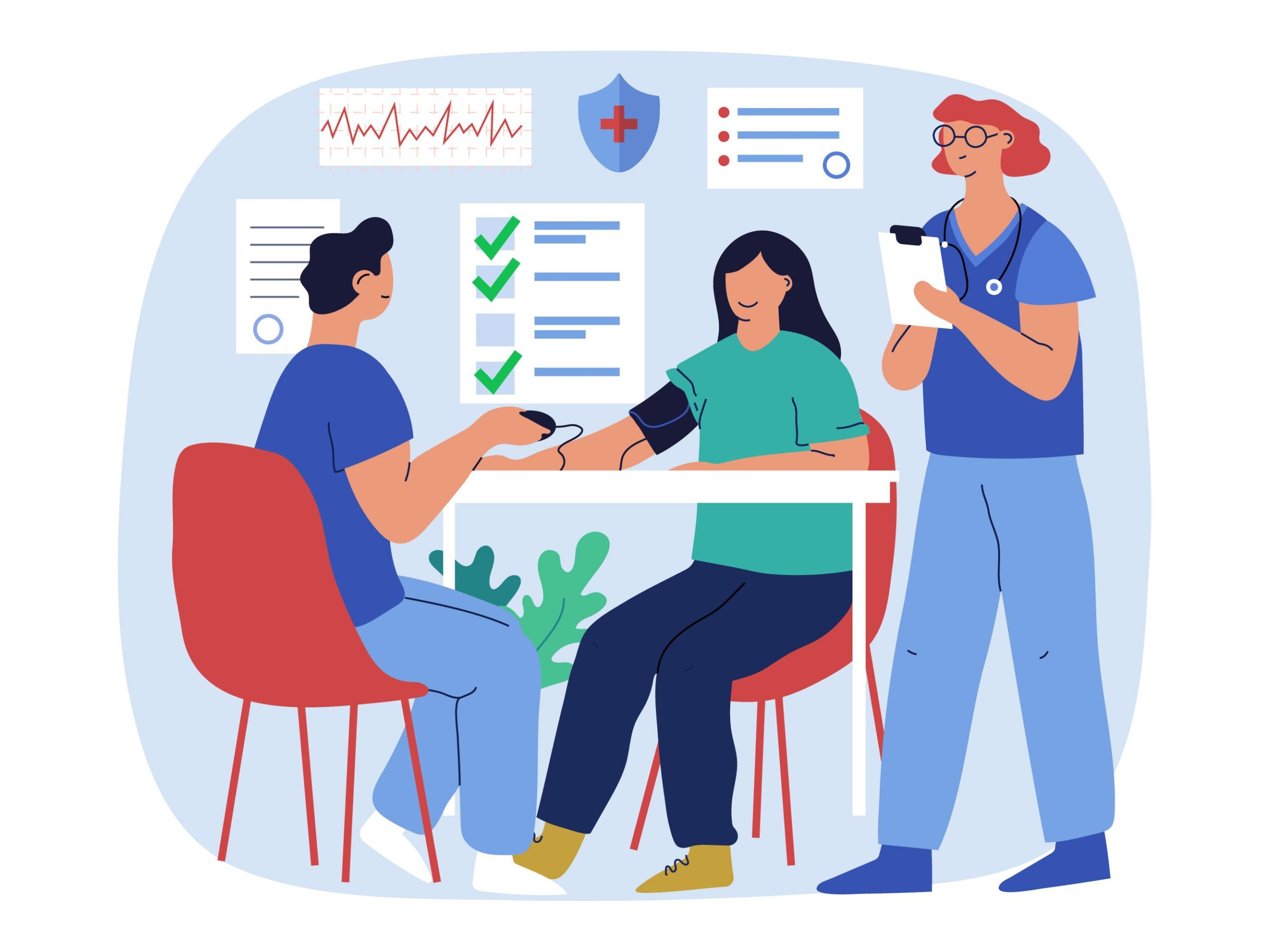
What is Egg Donation: A Comprehensive guide with egg donor cost, process, legal, and medical process
What is Egg Donation? For hopeful parents facing fertility struggles, the world of third-party reproduction offers profound possibilities, sustaining the dream of welcoming long-awaited little ones through the gift of donated eggs, sperm, or embryos. Egg donation is an advanced reproductive option where a healthy woman donates her eggs to help another individual or couple conceive.
- Book an online appointment: Get a free online consultation.
- Call\W:+91-8800481100 Email:neelam@ivfconceptions.com
This process has gained popularity due to its high success rates and ability to provide a genetic connection for intended parents. With advancements in assisted reproductive technology, affordable egg donation programs, and expert fertility clinics, intended parents can now explore a trusted egg donation process to make their parenthood journey a reality.
It has allowed many individuals and couples struggling with fertility issues to fulfill their dreams of starting a family. However, despite its growing prevalence, there is still a lack of understanding and knowledge surrounding the topic of egg donation. That is why it is essential to delve into the intricacies of this process and understand what it entails.
More Resources to Read:
Infertility Treatment and Surrogacy Process
9 Factors To Improve IVF Pregnancy Rate
International Surrogacy Options Worldwide
Surrogacy Guide for Surrogate Mothers
In this article, we will provide a comprehensive overview of egg donation, including what it is, how it works, and who it benefits. We will also address the ethical and legal considerations associated with egg donation. By the end of this article, readers will have a better understanding of this complex and often misunderstood process and will be able to make informed decisions if considering egg donation for themselves or their loved ones. So, let us begin by exploring the basics of egg donation and unraveling the mysteries surrounding it.
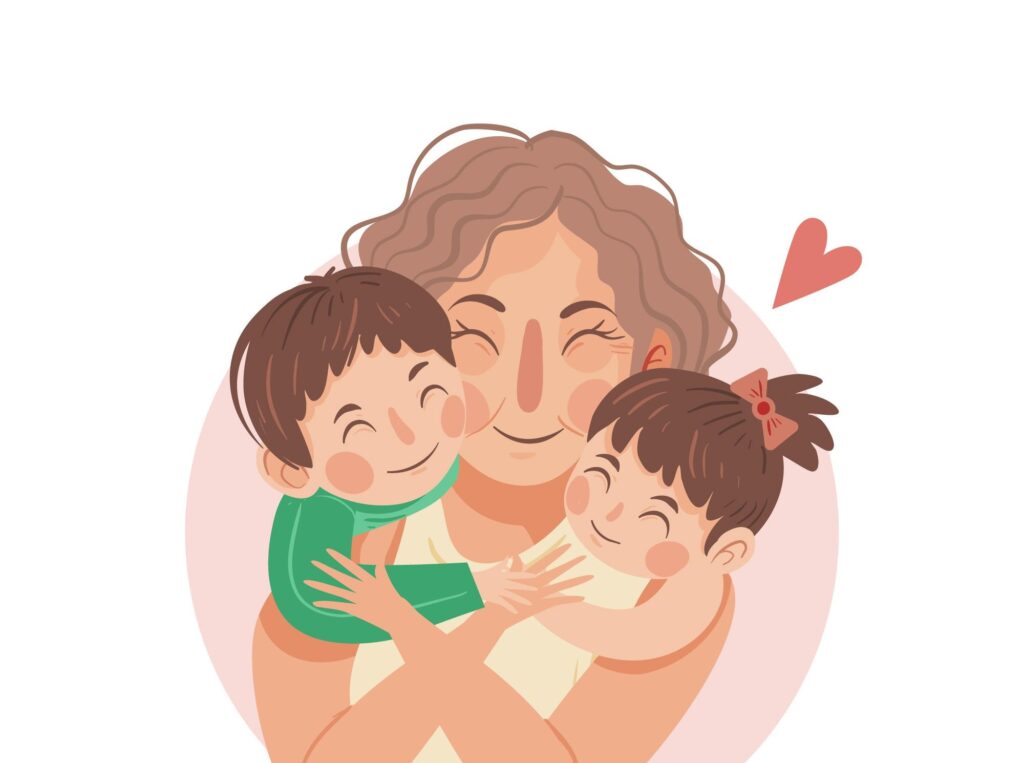
Introduction
Egg donor IVF is a process where instead of the intended mother’s egg/ovum, another woman’s (known as egg donor) eggs are used. We can say egg donation and IVF go side by side. So, what is the egg donation process? Egg donation is a process in which a woman voluntarily donates her eggs to assist individuals and couples who are unable to conceive on their own. This significant contribution plays a vital role in assisted reproductive technology, offering hope and the possibility of parenthood to those facing fertility challenges.
The demand for egg donation is steadily increasing, driven by various factors such as delayed childbearing, genetic disorders, and infertility issues. With advancements in medical science and the accessibility of egg donor programs, more individuals and couples are turning to this option to fulfill their dream of having a child.
The process involves a thorough screening of donors, ensuring their physical and mental well-being, and the subsequent retrieval of eggs through a minimally invasive procedure. Egg donation not only provides a lifeline for those struggling with infertility but also offers a unique opportunity for generous individuals to make a profound impact on the lives of others. What is egg donation cost? So, The cost of egg donation varies depending on factors such as location, clinic fees, and the specific arrangements made between the donor and the intended parents.
Egg Donation Process Steps-by-step Guide
What is the egg donor process? The egg donation procedure begins with an initial consultation and screening to ensure the suitability of the donor. This involves a comprehensive medical examination, including tests to assess hormone levels, ovarian reserve, and overall health. The donor will also undergo psychological evaluation to ensure she fully understands the emotional and ethical implications of IVF and egg donation.
Once the donor is approved, the next step is ovarian stimulation. This involves taking fertility medications to encourage the ovaries to produce multiple mature eggs. Regular monitoring through ultrasounds and blood tests is conducted to track follicle development and hormone levels.
When the eggs are deemed ready for retrieval, a minor surgical procedure known as egg retrieval is performed. Under sedation, a thin needle is inserted into the ovaries to aspirate the eggs. This procedure is typically quick and minimally invasive, with little to no discomfort experienced by the donor.
Following the retrieval, the eggs are immediately handed over to the laboratory for fertilization. Depending on the specific circumstances and preferences of the recipient, the eggs may be fertilized with the partner’s sperm or with donor sperm through in vitro fertilization (IVF) techniques.
Throughout the entire process, close communication and coordination between the donor, recipient, and medical professionals is of utmost importance. This ensures that everyone involved is well-informed and supported emotionally and physically. Regular check-ins, counseling, and support services are provided to both the donor and recipient to address any concerns or questions that may arise.
It is essential to note that the cost associated with egg donation can vary depending on factors such as location, clinic fees, and additional services required. The compensation for the donor also varies, reflecting the time, effort, and potential inconveniences involved in the process. However, the ultimate reward for all parties involved is the opportunity to fulfill the dream of parenthood and the profound impact it has on their lives.
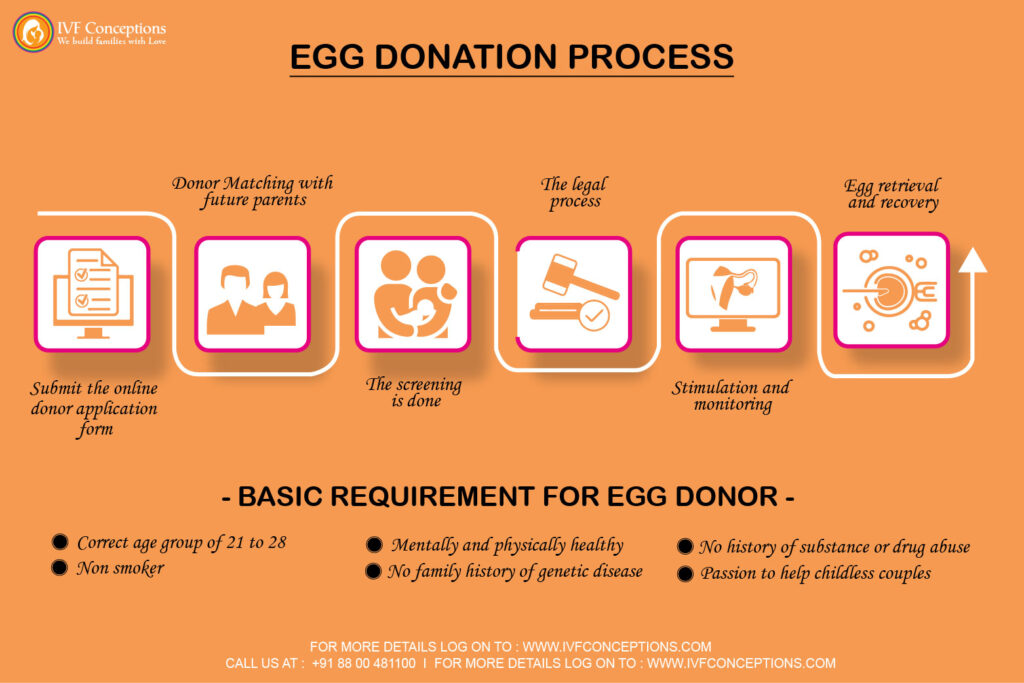
How long does egg donation take?
Well, it can vary but a typical egg donation process can take 2 – 3 months with tests, preparation, and the actual process of stimulation and egg pick up.
While nuances around pre-screening, donor/recipient pairing practices, and technological aspects shaping retrieval success rates differ slightly from clinic to clinic, the fundamental egg donation process unfolds through key milestones:
1. Initial Consultations – Discussions evaluate a potential donor’s eligibility per health history, motivation, legal consent, and procedure comprehension. Recipient consultations also orient around process specifics, success expectations, and total costs.
2. Screening & Testing – Donors undergo thorough medical assessments spotting any health risks alongside genetic testing analysis based on recipient needs. Legal contracts and psychological evaluations also confirm informed consent.
3. Cycle Initiation & Synchronization – Donors follow precise hormone regimens stimulating optimal egg production while recipients ready the uterus for implantation. Timing aligns via regular monitoring.
4. Egg Retrieval – A short outpatient procedure guided by ultrasound harvests multiple eggs once mature. Discomfort around this final stimulation stage and retrieval requires a few recovery days.
5. Fertilization – Within hours, harvested eggs get combined with partner/donor sperm in a lab, ultimately forming healthy embryos now ready for transfer back into the recipient (or surrogate) hoping to achieve pregnancy.
Who Uses Egg Donation?
Egg donation offers hope and the opportunity to build a family to a wide range of individuals or couples. Same-sex couples, who may not have the ability to conceive naturally, can benefit greatly from egg donation. It provides them with the chance to have a biological child and experience the joys of parenthood. Single individuals, who may have always dreamed of having a child but do not have a partner, can also turn to egg donation to make their dreams a reality.
Additionally, egg donation can be a viable option for those who have specific medical conditions that prevent them from conceiving or carrying a pregnancy to term. Conditions such as premature ovarian failure, genetic disorders, or recurrent pregnancy loss can make it difficult for individuals to conceive using their own eggs. In these cases, using donor eggs can increase the chances of a successful pregnancy and the birth of a healthy baby.
Egg donation provides hope and opportunity for those who desire to have children, regardless of their unique situations.
Why do you need egg donation?
- Diminished ovarian reserve – Insufficient viable remaining eggs in a woman’s own fragile reproductive system.
- Genetic disorders – Conditions risking passage through flawed family DNA.
- Primary ovarian insufficiency – Total or premature ovarian failure often tied to illness/treatment side effects.
- Age-related fertility decline – Especially over 35, egg quality and quantity wane.
Egg Donation is required by the below-intended parents:
- LGBTQ+ couples
- Single parents
- Couples with fertility issues
- Individuals with genetic disorders
- Those with age-related fertility decline
- Hope for parenthood through egg donation
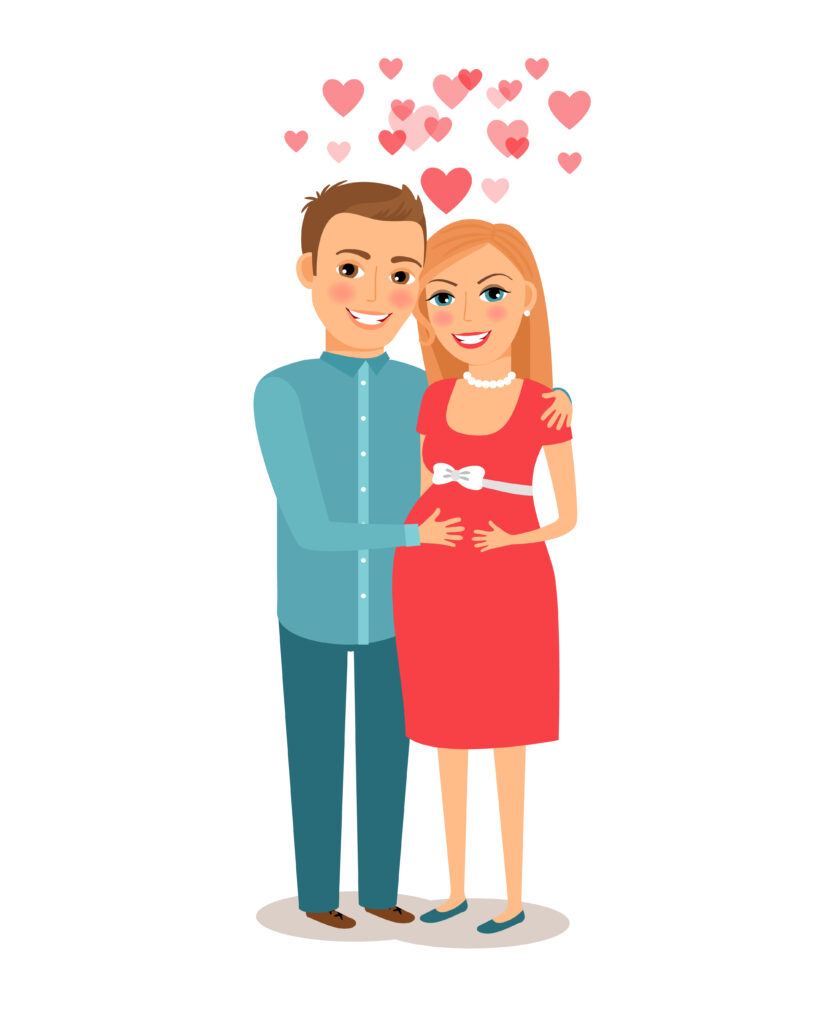
Egg Donation Requirements For Egg Donor
To ensure the safety and well-being of both the egg donor and the recipient, there are specific requirements that must be met. Firstly, age restrictions are typically in place, with most clinics and agencies requiring donors to be between the ages of 21 and 35. This ensures that the donor is in her prime reproductive years and has a higher likelihood of producing healthy, viable eggs.
Physical and mental health evaluations are also an integral part of the egg donation process. Donors undergo comprehensive medical examinations to assess their overall health, including reproductive health. This ensures that the donor is in good physical condition and has a low risk of any hereditary diseases or conditions that could be passed on to the child.
In addition to physical health evaluations, donors are usually required to undergo psychological screenings. This is to assess their mental well-being and ensure that they have a clear understanding of the emotional and psychological implications of egg donation. It is crucial to select donors who are mentally and emotionally prepared for the process and capable of handling any potential emotional challenges.
Genetic screening is another essential requirement for egg donors. This involves testing for genetic disorders and diseases that could be passed on to the child. By conducting thorough genetic screening, clinics, and agencies can mitigate the risk of any inheritable conditions and ensure that the recipient has the best chance of conceiving a healthy child.
These requirements play a significant role in protecting the health and well-being of both the egg donor and the recipient. By adhering to strict guidelines and conducting thorough evaluations, clinics, and agencies can increase the chances of successful outcomes and minimize potential risks. The safety and well-being of all parties involved are of utmost importance in the egg donation process.
Egg Donor Eligibility to donate eggs:
While altruism offers beautiful motivation for donating eggs to assist others’ family-building journeys, the medical intricacies demand donors meet key criteria to qualify, including:
- Age 21-29 – Reproductive prime years help assure optimal egg quality and fertility success for recipients. Some clinics cap lower at age 30.
- Healthy weight – Ensuring a BMI within 19-29 guidelines protects ovarian functioning and minimizes risks.
- No smoking – Due to risks like infertility, candidates cannot smoke.
- Fertility history – Having at least one successful prior pregnancy demonstrates basic fertility health.
- Psychological readiness – Evaluators confirm emotional preparedness handing custody of genetic material to recipients. Contract consent also proves comprehension of navigating potential future contact with offspring.
- Commitment – The process spans ~6 weeks from medications through recovery involving regular appointments and ultimate surgical egg retrieval. Dedication remains vital.
What Risks or Concerns Exist Around Egg Donation?
Careful physical and emotional screening aims to anticipate risks of egg donation balanced fairly against profound good gifted forward. But contemplating comfort zones around remote what-ifs warrants reflection too navigating the intimacies interweaving lives through eggs donated.
Common considerations include:
- Hormonal side effects – Headache, bloating, mood shifts, and cramping while medicated for extraction.
- Surgical risks – Anesthesia complications, though rare, do persist around the retrieval procedure.
- Long-term infertility – Some research debates if repeat hormonal hyper-stimulation could potentially impact later fertility. However, consent processes require donors to consider their future family plans completely post-donation.
- Evolving relationships – Curiosity from offspring conceived may one day introduce complex emotions to navigate.
- Legal uncertainties – Rare legal cases have seen donors sued for child support despite no parental rights. Contracts attempt to safeguard against outcomes.
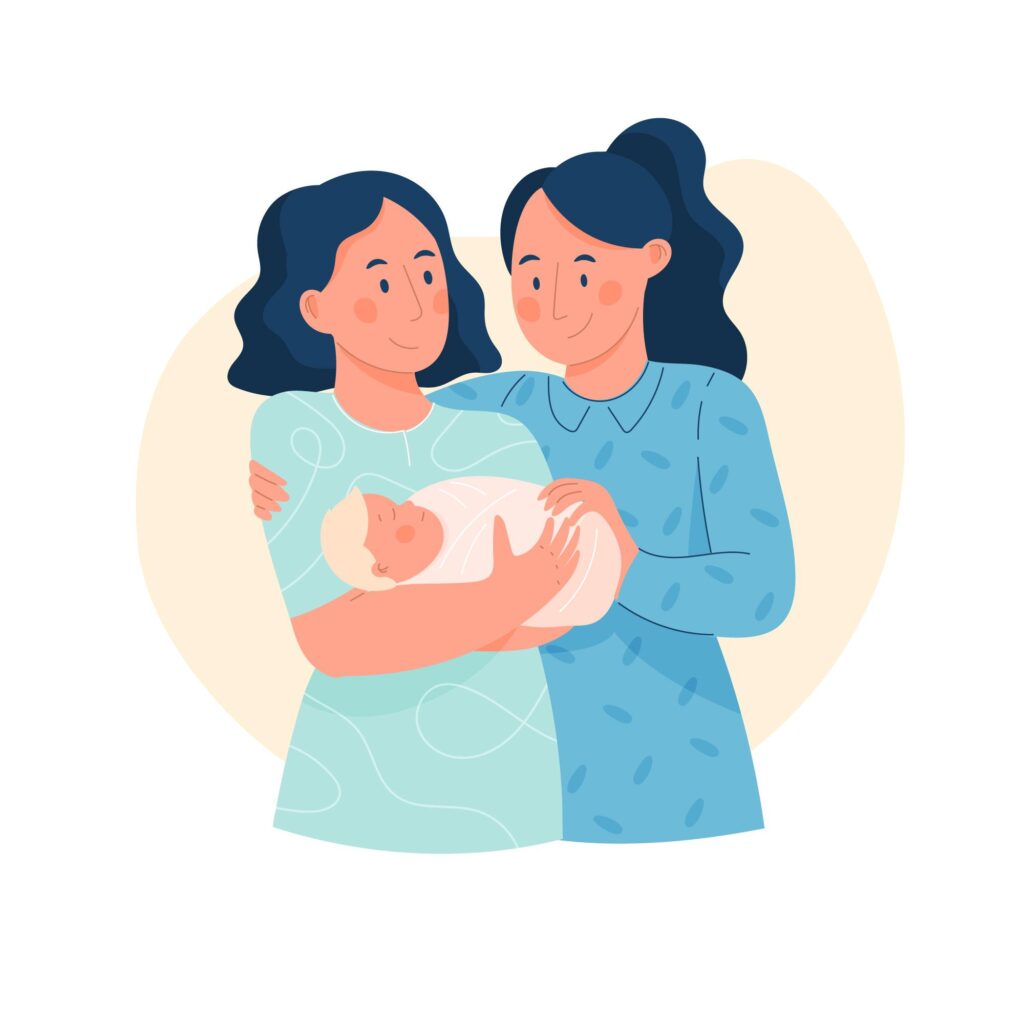
Pros and Cons of Egg Donation
Pros include profoundly expanding family creation options through altruistic generosity, accessing the highest quality eggs boosting conception odds, widening possibilities despite hereditary factors, and injecting profound gratitude into the journey.
Cons involve limited genetic connections to one parent in a couple, hormone/surgery risk burdens upon donors, potential rejection after transfers, complexities any offspring may one day navigate around biological origins splitting families through space, time, or ultimate relationship preferences later on based on openness levels agreed initially.
IVF vs Egg Donation – Key Differences
Traditional IVF utilizes eggs from the conception-seeking patient also carrying any resulting pregnancy, while donated egg IVF relies on eggs harvested from a separate generous donor fertilized only externally and then transferred to the recipient carrier. Similar stimulation protocols apply, but life begins through another’s biology.
Egg Donation Success Rates
On average those using donated eggs experience 50-60% clinical pregnancy rates contrasted with ~40% rates involving own egg IVF cycles when the female partner’s age exceeds 35. Pregnancy odds vary based on donor/recipient specifics but favorable increases routinely assist attempts through the cellular revitalization gifted from donors.
IVF with egg donor success rate:
| Recipient Age Range | IVF with Egg Donor Clinical Pregnancy Rate |
| Under 35 | 60-65% |
| 35-37 | 58% |
| 38-40 | 55% |
| 41-42 | 50% |
| Over 42 | 45% |
Key Takeaways:
- Pregnancy success rates trend down with increased recipient age.
- However, IVF with a donated egg improves odds significantly across all age groups compared to the dramatically decreased rates associated with advanced maternal age using a woman’s own eggs. For example, rates fall to 25% for a 43-year-old with her own eggs but rise to 50% using a donor egg.
- Egg donation introduces profound conception advantages despite recipient age, sustaining probabilities of parenthood long past natural fertility declines.
Key Legal Considerations for Egg Donation
The exceptional human emotions shaping donation mean even clinical beginnings demand warmer legal guidance assuring safety for all as new life gets gifted forward through generosity. Key facets include:
- Anonymity – Contracts permit donors and intended parents to dictate future contact, sharing agreement around potential visibility to any offspring conceived through donor eggs. Identity disclosure options vary widely based on preference.
- Relinquishing rights – Explicit legal severance of parental rights over children conceived through donated genetic material aims to protect all parties in the future.
- Multiple family clause – If donor egg conception assists more than one family, legal general release of rights language intends to safeguard against potential custody disputes between genetic half-siblings.
- Open donation terms – Some mutually welcome contact navigate via contracted reciprocity around potential future introduction between donors and offspring at maturity. Parameters vary case by case.
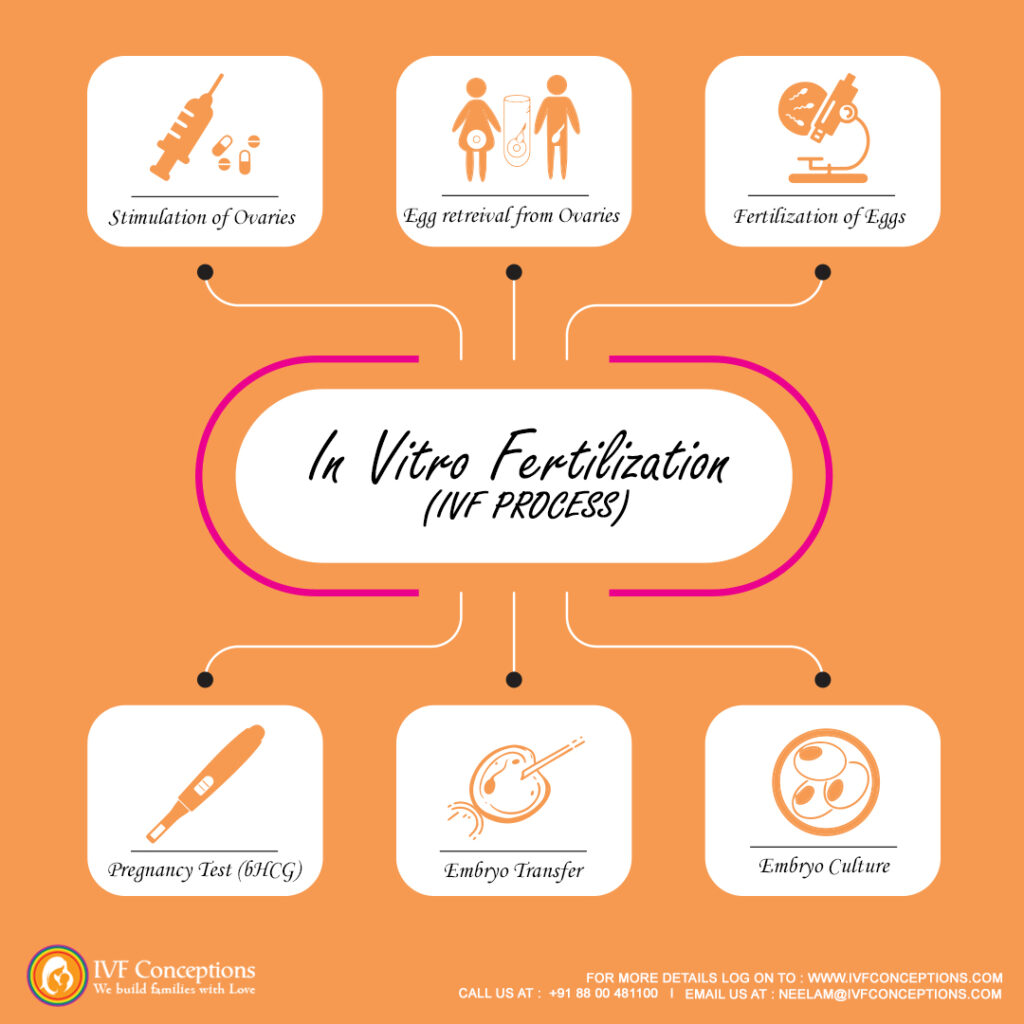
What to Look for in the Best Egg Donation Clinics
Egg donation clinics selection play an important role for your IVF Egg Donation success. When selecting fertility clinics facilitating egg donation, prioritize those emphasizing holistic support via counselors guiding all emotional considerations, legal expertise assuring informed consent, high screening standards determining donor/recipient compatibility beyond biometrics, and patient-centered care focusing whole health for both participants.
Egg Donor Cost/Egg Donation Cost
The cost of egg donor process can be around $15,000 to $25,000 based on the types of egg donor requirement of the donor and location of the egg donor in the USA. The financial aspects of egg donation should be carefully considered by both the donor and the recipient. The cost of the egg donation process can vary depending on various factors, including the location, clinic or agency fees, and any additional medical procedures that may be required. The screening process itself may involve fees for medical examinations, genetic testing, and psychological evaluations.
In addition to the screening costs, there are also expenses related to the medical procedures involved in the egg retrieval process. This includes the stimulation of the donor’s ovaries, the monitoring of the follicle growth through ultrasound scans, and the actual egg retrieval procedure itself. These procedures can incur significant medical costs, which should be taken into account when considering egg donation.
Compensation for the egg donor is another financial aspect to consider. Donors are typically provided with some form of compensation for their time, effort, and the potential risks involved. The amount of compensation can vary, but it is important to note that it is not a payment for the eggs themselves, but rather a reimbursement for the donor’s commitment and dedication to the process.
While the costs associated with egg donation can be significant, it is worth noting that there may be potential financial assistance options available. Some insurance policies may cover certain aspects of the egg donation process, such as the medical procedures or some of the screening costs. Additionally, there are fertility grants and financial aid programs that individuals can explore to help alleviate the financial burden.
Additional guide for intended parents:
Best surrogacy agency in India
Best surrogacy agency in Mexico
Best surrogacy agency in Colombia
Best surrogacy agency in Argentina
Best surrogacy agency in Georgia
Best surrogacy agency in the USA
Best surrogacy agency in Ukraine
Best surrogacy agency in Armenia
Conclusion
In conclusion, egg donation is a complex and important process that allows individuals and couples to expand their families and fulfill their dreams of parenthood. Through the selfless act of donating eggs, donors play a crucial role in creating new life and bringing joy to those struggling with infertility.
With advancements in technology and medical practices, the egg donation process has become safer and more successful, offering hope to those seeking alternative paths to parenthood. We must continue to educate and raise awareness about egg donation, to support and empower those involved in this life-changing process.
If you’d like to learn more about IVF, Egg Donation, or surrogacy services globally, check out the rest of our website at Complete Surrogacy Agency. We offer legally secure and affordable surrogacy consulting services for FREE.
For more resources on IVF and Surrogacy, browse our other web page- IVF Conceptions.
For more resources on IVF and Surrogacy, browse our other web page- Georgia Surrogacy Agency.
Complete Surrogacy: Your Trusted Partner in International Surrogacy
At Complete Surrogacy, we have over 15 years of experience in international surrogacy, guiding 4,000+ intended parents worldwide. We provide safe, ethical, and affordable surrogacy solutions for single parents, LGBTQ+ couples, and heterosexual couples.
As members of EFS and ESHRE, we adhere to the highest ethical and professional standards. Our expert team is committed to providing accurate, compassionate, and transparent guidance, ensuring a legally secure and smooth journey to parenthood.
Let us help you build your family with trust, care, and integrity.
Get in touch for one FREE Surrogacy Consultancy!
References used:
FAQs about egg donation
How does the egg donation process work?
The egg donation process involves screening and testing potential donors, synchronizing the donor’s and recipient’s cycles, stimulating the donor’s ovaries for optimal egg maturation, retrieving multiple eggs transvaginally, fertilizing them with partner or donor sperm in a lab, then transferring a resulting embryo into the recipient or gestational carrier.
What are the requirements for egg donors?
Egg donors must meet requirements around age (21-29 ideally), BMI/weight, smoking status, fertility history having at least one successful prior pregnancy, psychological readiness based on counseling evaluations, ability to fully consent, and commitment spanning about 6 weeks for the process.
What are the benefits of egg donation?
Benefits include profoundly boosting chances of conception for recipient parents struggling with diminished ovarian reserve, genetic issues, ovarian failure, or age-related fertility decline when the highest quality eggs get contributed by a healthy donor. Some donors also partly base motivation on financial gains through compensation.
What are the risks associated with egg donation?
Risks include short-term side effects from ovarian hyper-stimulation medications, rare surgical complication at retrieval, uncertainties around impact to long term personal fertility for repeat donors, evolving emotional complexity balancing contact preferences with any future offspring, and extraordinarily slim legal risks if offspring attempt custodial disputes despite contracts clearly severing maternal rights. But risks are generally viewed as low by programs closely screening participants.
How does IVF with egg donation differ from traditional IVF?
Donated eggs from a healthy donor replace eggs from the recipient with advancement female age or other ovarian factors.
What legal aspects should be considered in egg donation?
Anonymity preferences, parental rights waivers, future contact options with offspring.
Is compensation provided to egg donors?
Yes, financial compensation, sometimes over $10,000 based on geographic norms and involvement level, offsets donor costs and commitment. Donor eggs cost vary based on the types of donor, demand of the donor, and location of the egg donation.

Author Bio: Neelam Chhagani is an International Surrogacy Expert with 15 years of experience in the fertility and surrogacy domain. As the founder of IVF Conceptions and Complete Surrogacy, she has guided over 4,000 intended parents worldwide on their surrogacy journey to parenthood. Recognized as a trusted authority, she specializes in holistic infertility solutions and third-party reproduction consulting.
Holding an MA in Counselling Psychology and a PGD in Mental Health, Neelam is a proud member of the European Fertility Society (EFS) and the European Society of Human Reproduction and Embryology (ESHRE). She is also a leading surrogacy blogger, providing valuable insights into ethical and practical surrogacy solutions.
Since 2010, committed to supporting ALL family types, Neelam has been passionate about helping intended parents grow their families with compassion, integrity, and a focus on secure and affordable surrogacy options Globally.
Learn more about Neelam:
https://www.ivfconceptions.com/neelam-chhagani-surrogacy-consultant/
https://www.linkedin.com/in/neelam-chhagani-92892229/















I was introduced to Neelam by a friend who worked with Neelam for surrogacy. Neelam is absolutely wonderful. I am a single male and the journey to fatherhood is not that easy. Neelam connected me to a program ideal for my circumstances. She was with me throughout the pregnancy providing advice and guidance along the way. I am so grateful I found her and am thrilled today that I have a beautiful daughter. I highly recommend Neelam to anyone who is on a journey to become a parent. Having a child has changed my world for the better. I wish others success with their own journey and recommend you connect with Neelam to find a path that is best for you.
SA (USA)